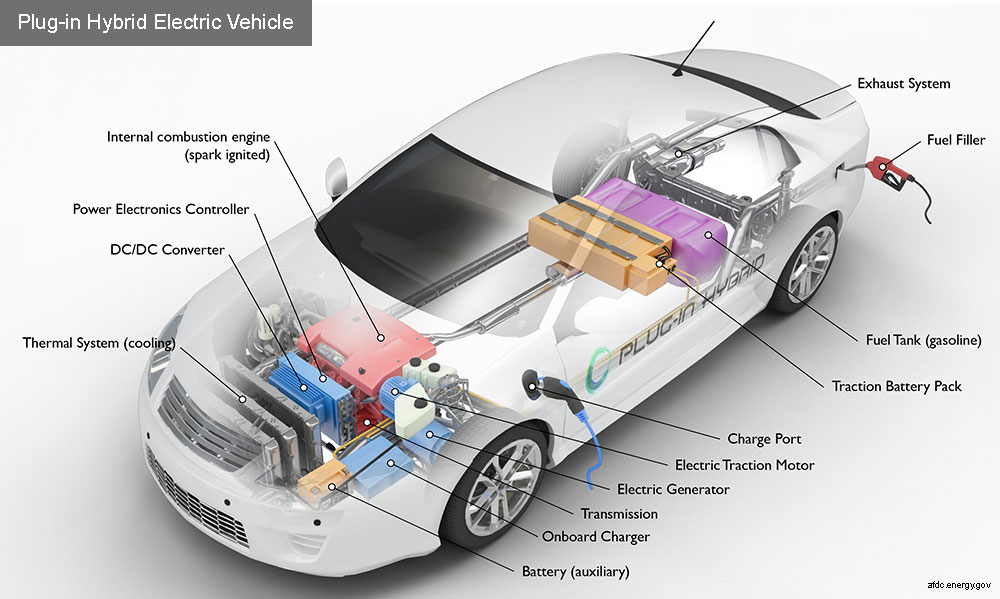A blog article about how car engines work and why understanding them is so important. The author discusses the various steps involved in designing and manufacturing a car engine, as well as what happens to the different components of an engine when it’s running in order to help you learn more about your own vehicle.
There is some great websites to visit
Most people think that only people with money can buy things like books, get knowledge, entertainment, and other things. But there are websites that provide these kinds of things for free. Some of these websites include Oxses.com, Fexya.com and Nafow.com These websites offer useful resources for people to learn about different subjects. They are also very informative and entertaining. Many people enjoy visiting these websites for their information. You will find interesting articles on any topic you are interested in. They are fun to read and they are a great way to learn something new.
What is a Car Engine?
A car engine is a small device that converts the energy from an input fuel into motion. The most common type of engine is a gasoline engine, but there are also diesel and electric engines. Car engines come in many different shapes and sizes, but they all have one thing in common: they use pistons to compress and release fuel in order to create motion.
Why is this important? A car’s engine provides power to the wheels, which means it’s essential for a car to run smoothly and efficiently. If something goes wrong with your car’s engine, you’ll eventually notice it. It can be difficult to get your car moving if the engine isn’t working properly, which can lead to frustration and wasted time.
Car engines work by using energy from an input fuel (like gasoline) to create motion. The pistons in the engine compressing and releasing the fuel in order to create movement is what makes your car move. Gasoline engines use spark plugs to ignite the fuel mixture, creating a tiny explosion that pushes air and fuels into the cylinders. This combination of air and fuels then explodes as it enters the combustion chamber, providing power to the pistons and making your car move
Why do Car Engines Work?
A car’s engine is one of its most important parts. It helps the car move forwards or backwards, and it provides power to the wheels. So, it’s important that the engine works correctly. Here’s why.
The engine is made up of a number of different parts. The pistons arecylinders that move up and down inside the cylinder head. The valves open and close to allow the fuel and air to enter and leave the engine, respectively. The spark plugs provide electricity to start the petrol/air mixture burning, and the exhaust pipe sends the fumes out of the engine.
All of these parts work together to make the engine work. If any of them doesn’t work correctly, then the engine won’t work at all. For example, if there’s a problem with the pistons, they won’t move up and down properly. This will cause problems with the valves, spark plugs, and exhaust pipe. In extreme cases, this can lead to an explosion in the engine – which is obviously not desirable!
So, it’s vitally important that car engines work correctly – otherwise you’ll be stranded on the side of the road!
How does a Car Engine Work?
A car engine is a large, expensive machine that converts energy from gasoline or diesel fuel into motion. The basic principle behind how engines work is simple: a piston pushes and pulls a cylinder, which in turn turns a crankshaft. This process creates motive power, which powers the car’s wheels.
There are several key factors that affect a car engine’s performance, including the type of fuel used, the design of the engine, and the amount of air/fuel mixture that is injected into the combustion chamber. In addition to affecting how fast the engine can travel, these factors also have an impact on emissions and fuel economy.
What are the Differences Between Gas and Diesel Engines?
Gasoline and diesel engines work differently, but each has its own benefits. Here’s a breakdown of the two types of engines:
Gasoline engines use gasoline as the fuel source. This creates an explosion that powers the engine. The downside is that gasoline engines produce more pollution than diesel engines.
Diesel engines use diesel fuel as the main source of energy. This produces little to no emissions, making them a cleaner option. However, diesel engines can be less powerful than gasoline engines.
When should I Replace My Car Engine?
When it comes to car engines, there’s no one-size-fits-all answer. However, many experts agree that you should replace your engine every 7,500 miles or 12 months, whichever comes first. Here’s why: Car engines are designed to run at high RPMs for extended periods of time. This can put a lot of stress on the engine and its components. When the engine is run too hard for too long, it can start to wear down its parts. Eventually, this can lead to problems such as cracked pistons or malfunctioning valves. By replacing your engine every year or 7,500 miles, you’re ensuring that your car remains in good working order and that any problems are fixed as soon as they arise.
How to Tune Up Your Car Engine Basics: Tools and Materials Needed
There are a few things that you’ll need to do in order to properly tune up your car engine. In this post, we’ll go over the basics of what you’ll need and how to do it.
First, you’ll need a few tools: a torque wrench, a socket set, and a ratchet. If you have an automatic or manual transmission, you’ll also need a gear selector lever or shifter tool. You can buy all of these tools separately or as part of a car-repair kit.
Next, you’ll need some materials: an oil filter cap, a new spark plug, and synthetic oil (or motor oil if your car has an engine with synthetic oil already in it). You can also use WD-40 to clean your engine if needed.
Finally, you’ll need some patience and skill. There’s no guarantee that every tune-up will fix your car’s problems, but following these steps will at least give you a good starting point.
One of the best ways to find any place near you is by using our shownearme.com you can find anything here. Whether it is a hospital, restaurant, shopping mall or anything else, you can find it here. The site also has information about the object or place. You can read the description, see the address, phone number and even directions to that location. You can also get the opening and closing times for each business. You can use our site anytime to find any information you are looking for.
Troubleshooting Your Car’s Engine Basic Concepts
The engine in your car is one of the most important and complex pieces of machinery you’ll ever use. It’s responsible for moving you and your passengers around, and it needs to work correctly in order to get you where you’re going. In this article, we’re going to take a look at some of the basics behind how car engines work, and why it’s so important that they do.
Before we can talk about how car engines work, we need to take a look at what they are made of. Car engines are basically huge balls of metal spinning around inside a cylinder. The cylinders are divided into sections called banks, and each bank contains several smaller cylinders. The balls of metal in the engine are called pistons. When the engine is working, each piston moves up and down inside its respective cylinder, pushing air and fuel mixture into the engine and pulling exhaust out.
One of the biggest challenges that car engineers face is ensuring that the engine operates reliably under all sorts of conditions. The engine needs to be able to produce enough power (and torque) when you’re driving down the road, while also being able to operate smoothly and quietly under normal circumstances. In addition, the
Apart from this if you are interested to know more about Automotive Engineering then visit our Automobile category.









